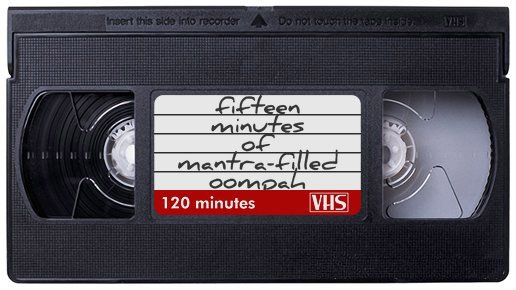Wednesday: Very nice email from a prestigious agent who represents a couple of writers whose careers I'd very much like to emulate. Agent acknowledges that it deals with a difficult subject area, but "the script certainly stands above such doubts... we found [the characters] distinctive and memorable. There are interesting strands set up for a series, and we like the way you play with the potentially bleaker aspects... Above all, it’s an interesting and engaging story. We like your writing, and would like to read another script."
Thursday: Script returned by the BBC writersroom having not even passed their 10-page test and been chucked out with the green felt-tip crowd.
Now this isn't going to be a chuntering rant against the BBC; this is the third script I've sent to the writersroom down the years, and the other two came back with encouraging and useful feedback having received a full read.
It just illustrates how subjective the whole process is; I thought that my current script was a lot more accomplished than the previous two, and particularly worked hard to give it a dynamic and engaging opening, but the BBC reader clearly didn't agree.
The lesson - apart from William Goldman's over-quoted statement that "nobody knows anything"? Keep pinging out the stuff, and have faith that eventually it'll land in front of someone who'll connect with it.




